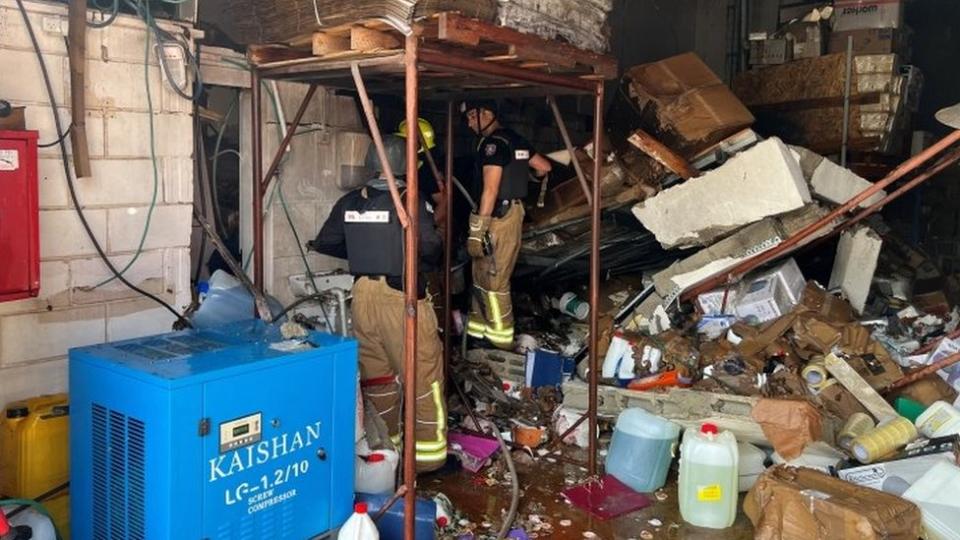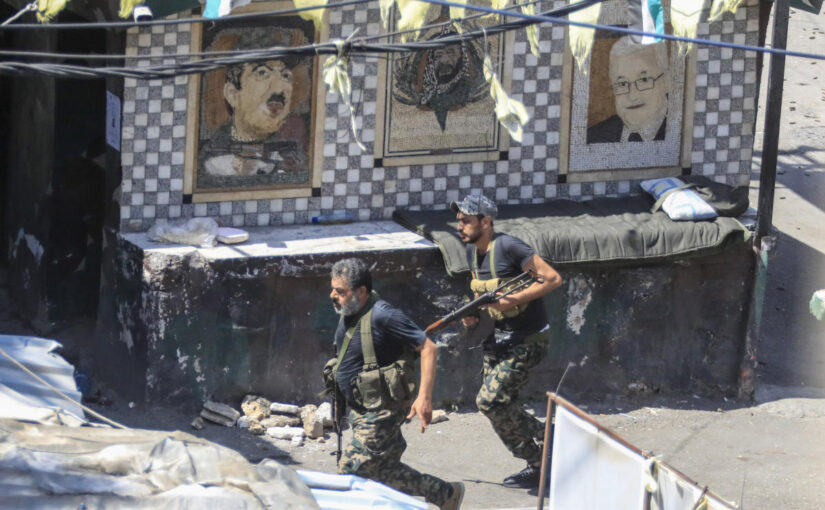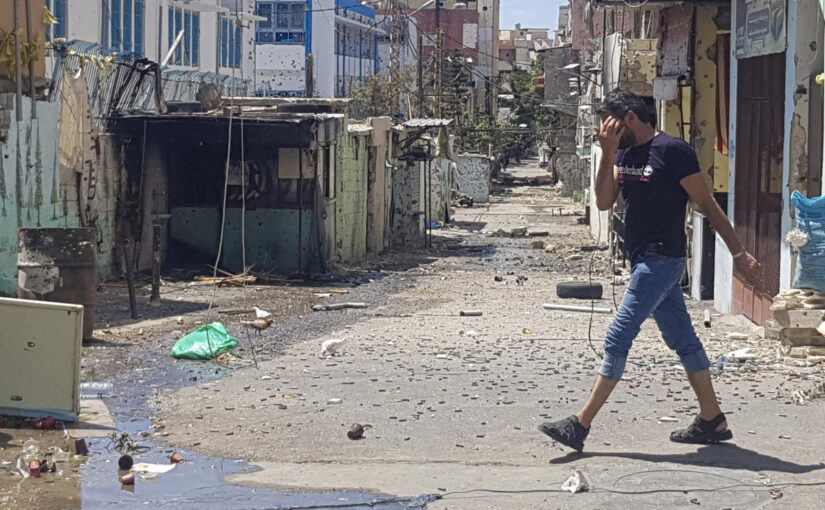The United Nations is investigating an explosion that wounded three of its personnel and a translator Saturday in southern Lebanon.
“This morning, three OGL (UNTSO) military observers and one Lebanese language assistant on a foot patrol along the Blue Line were injured when an explosion occurred near their location,” the statement from Andrea Tenenti, spokesperson for the United Nations Interim Force in Lebanon (UNIFIL), said.
“We are investigating the origin of the explosion,” Tenenti continued, after explaining the injured were evacuated for medical treatment.
The personnel were members of Observer Group Lebanon (OGL), which works with the United Nations Truce Supervision Organization (UNTSO).
UNTSO military observers in the Middle East “monitor ceasefires, supervise armistice agreements, prevent isolated incidents from escalating and assist other United Nations peacekeeping operations in the region,” according to the organization’s mandate.
Observers are “un-armed and are trained to observe and report violations of the agreements of ceasefire, disengagement, etc., relevant to their areas of operation.” UNTSO military observers also support UNIFIL, a peacekeeping mission in Lebanon, according to a page on UNTSO’s website describing its operations.
“Safety and security of UN personnel must be guaranteed,” Tenenti said in the statement. “All actors have a responsibility under international humanitarian law to ensure protection to non-combatants, including peacekeepers, journalists, medical personnel, and civilians.”
The explosion comes just days after UNIFIL released a statement calling for a cease-fire amid escalating violence along the Blue Line, a U.N.-drawn boundary between Lebanon and Israel.
“UNIFIL is very concerned over the surge of violence occurring across the Blue Line right now. This escalation has caused a high number of of civilian deaths and the destruction of homes and livelihoods,” the Thursday statement read.
“It is imperative that this escalation cease immediately. We urge all sides to put down their weapons and begin the process toward a sustainable political and diplomatic solution,” UNIFIL’s previous statement continued.
For the latest news, weather, sports, and streaming video, head to The Hill.




